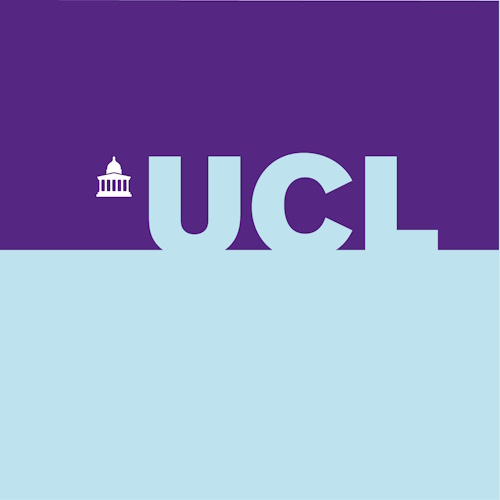Key points from article :
For the first time, doctors have successfully treated Huntington’s disease, a devastating inherited condition that destroys brain cells and combines features of dementia, Parkinson’s, and motor neurone disease. In a landmark clinical trial led by Professor Sarah Tabrizi, director of the UCL Huntington’s Disease Centre, patients receiving a new gene therapy showed a 75% slowing of disease progression. This means that the decline normally seen in one year could now take four years, potentially giving patients decades of better quality of life.
The treatment involves a single dose of gene therapy delivered directly into the brain during a 12–18-hour surgical procedure. Using a harmless virus as a delivery system, scientists inserted a DNA sequence that instructs neurons to produce microRNA. These microRNA fragments intercept the faulty genetic instructions responsible for producing toxic huntingtin protein, thereby reducing its levels and preventing neuron death. Results from 29 patients showed not only slower symptom progression but also reduced markers of brain cell loss.
Families affected by Huntington’s are describing the breakthrough as life-changing. Patients in the trial have returned to work, delayed the need for wheelchairs, and regained independence. For people like Jack May-Davis, who inherited the faulty gene from his father and grandmother, the therapy offers hope of a longer and brighter future. Researchers are now planning trials to see if the disease can be prevented altogether by treating individuals before symptoms appear.
While the therapy is expected to be extremely expensive and involves highly complex neurosurgery, its impact could be transformative. With licensing applications expected in the US by 2026, experts believe this marks the beginning of a new era for Huntington’s research and treatment, with the potential to change the outlook for thousands of families worldwide.







